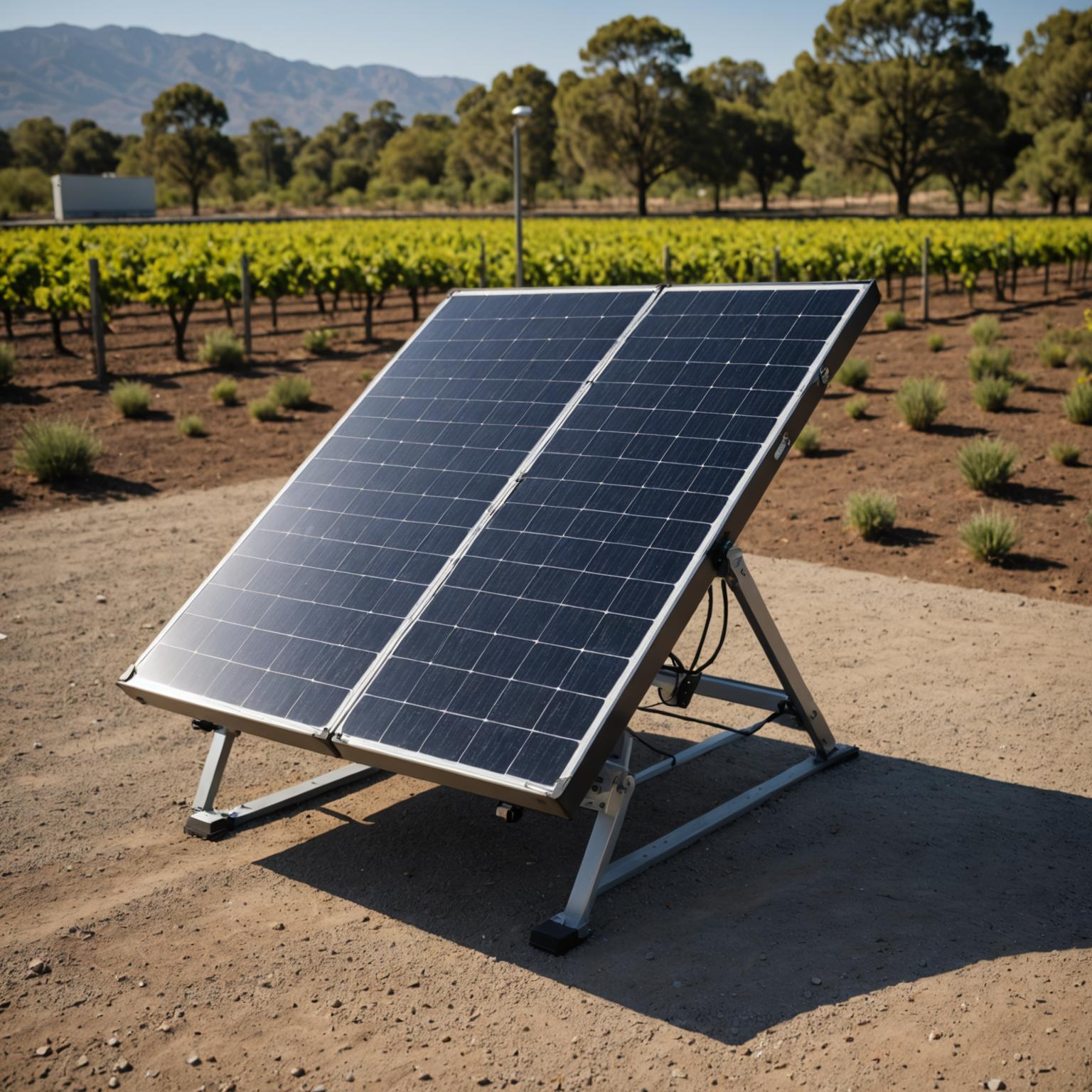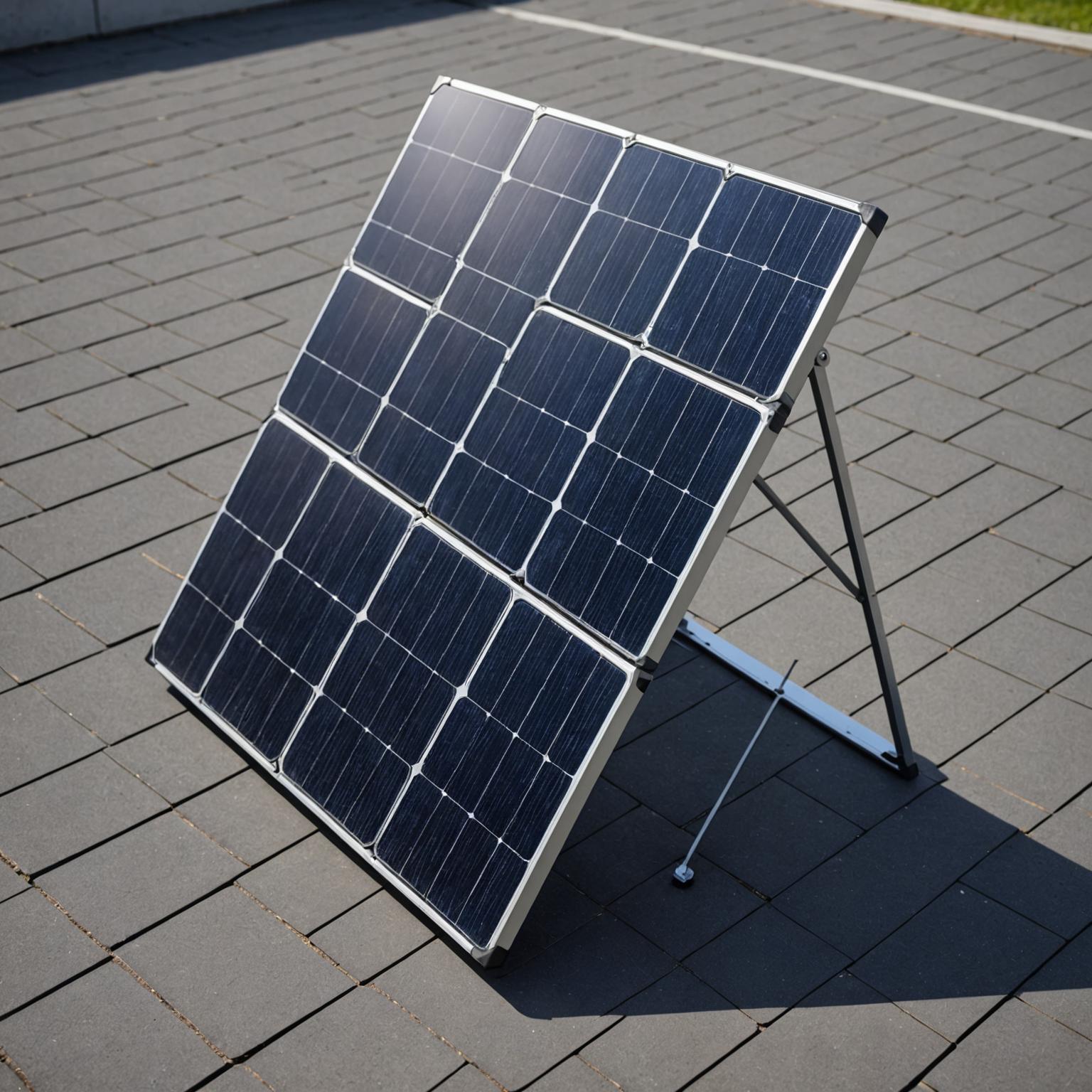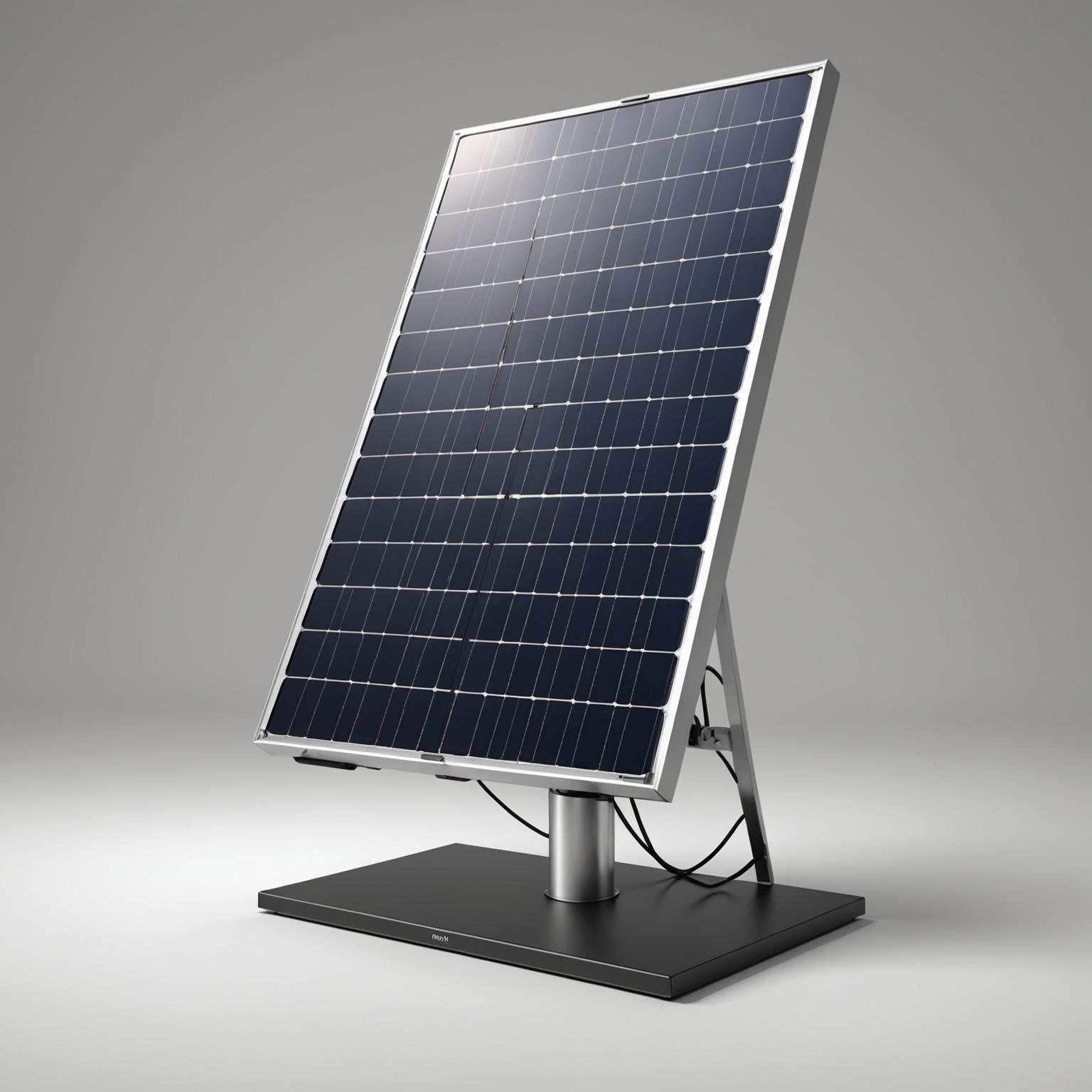The journey of harnessing the sun's power begins long before a panel is installed on a roof; it starts with the intricate and highly technical process of solar panel manufacturing. As the world increasingly turns towards renewable resources, understanding the creation of these remarkable devices offers insight into the technology that is shaping our sustainable future. From raw materials to a finished, power-generating module, the manufacturing journey is a testament to human ingenuity and a commitment to a cleaner planet. Companies like BR Solar, with years of expertise, stand at the forefront of this industry, perfecting the processes that convert simple silicon into a reliable source of energy for communities worldwide.
A Glimpse Inside the Solar Energy Factory
The heart of solar innovation is the solar energy factory, a facility where science and engineering converge. The process typically begins with the most abundant element on Earth after oxygen: silicon, which is derived from sand. This raw silicon dioxide is subjected to intense heat in an arc furnace to produce metallurgical-grade silicon. However, for use in solar cells, it requires further purification to achieve an astounding 99.9999% purity. This ultra-pure silicon is then melted and carefully solidified to form large, cylindrical or rectangular crystals known as ingots. These ingots, often either monocrystalline for higher efficiency or polycrystalline for cost-effectiveness, are then sliced into paper-thin wafers using diamond-cutting saws. This meticulous step is critical, as the integrity and thickness of these wafers directly impact the final panel's performance and efficiency. It is within a state-of-the-art solar energy factory that these delicate components are crafted with precision.
From Silicon Wafer to Photovoltaic Cell
Once the wafers are prepared, they undergo a series of transformative treatments to become photovoltaic (PV) cells—the active components that convert sunlight into electricity. First, the wafers are textured to reduce reflection and improve light absorption. Next, through a process called doping, impurities are intentionally introduced to create a positive-negative (p-n) junction, which is essential for generating an electrical current when exposed to light. An anti-reflective coating, typically silicon nitride, is applied to the surface to maximize the amount of sunlight the cell can capture. Finally, a network of metallic conductors is screen-printed onto the front and back surfaces to collect the electrons generated by the photovoltaic effect. Each step in this phase of solar panel manufacturing is monitored rigorously to ensure every cell meets high-performance standards before it moves to the final assembly stage.
Module Assembly and Quality Assurance
Creating a durable and long-lasting solar panel involves more than just making effective PV cells; it requires assembling them into a robust module that can withstand harsh environmental conditions for decades. In this stage, the individual cells are soldered together into strings, which are then arranged in a grid-like matrix. This assembly is carefully laminated between a durable front glass layer and a protective polymer backsheet, with an encapsulant material sealing everything together to protect against moisture and impact. The entire unit is then fitted into a sturdy aluminum frame, which adds rigidity and provides a means for mounting. A junction box is attached to the back to allow for safe and easy electrical connections. Throughout this entire process, quality control is paramount. Leading manufacturers implement comprehensive testing, including flash tests to measure power output and electroluminescence imaging to detect microcracks, ensuring every panel that leaves the solar energy factory is reliable and performs as expected. Certifications such as CE, RoHS, and IEC are not just badges but guarantees of safety and quality.
Why Your Choice of Manufacturer Matters
Navigating the world of solar technology requires a partner with proven experience and a deep understanding of the market. The complex nature of solar panel manufacturing means that not all panels are created equal. A manufacturer with extensive experience, like BR Solar's 14 years in the industry, offers a level of assurance that comes from refining processes and overcoming challenges over time. An experienced partner can provide tailored solutions that meet the specific needs of different markets and projects, whether for a large-scale UN initiative or a small residential installation. Furthermore, a company that serves as a one-stop solar supermarket, offering everything from panels and batteries to inverters and lighting, simplifies the procurement process and ensures all components work together seamlessly. When choosing a provider, look for a commitment to service, flexible cooperation models like OEM and ODM, and a track record of successful projects in diverse global markets, all of which are hallmarks of a truly reliable manufacturing partner dedicated to building a sustainable future.






